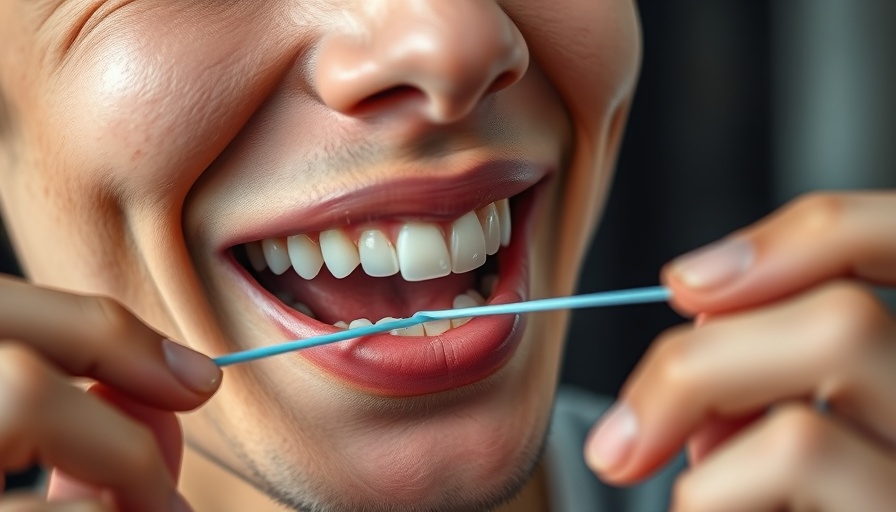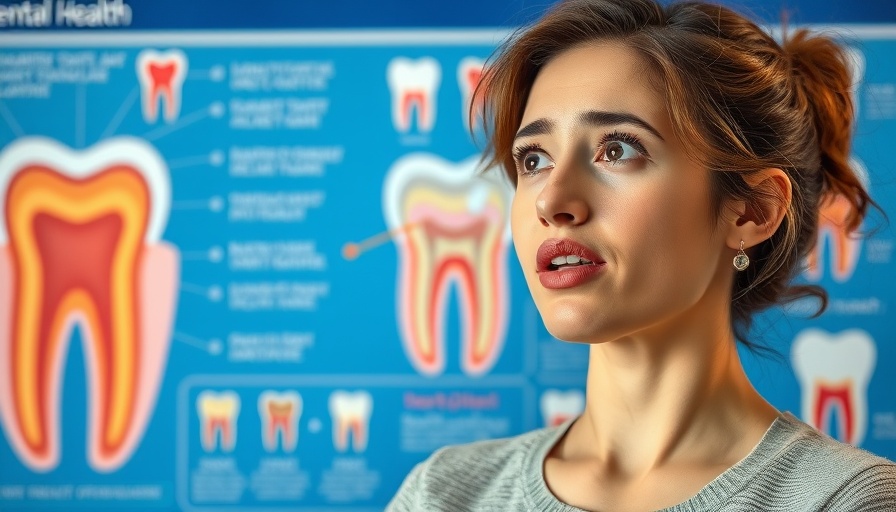
Conquer Bad Breath: The Essential Dental Care Guide
In the recent video titled Steve-O’s Dental Tips Approved by a Dental Hygienist, an important issue concerning oral hygiene came to light—bad breath. As shared by Steve-O, the unpleasant odor that can emanate from a mouth can become a significant barrier to social interactions and personal confidence. But fear not, because dental care and hygiene can be life-changing to manage this issue, leading to improved oral health and an enhanced quality of life.
In Steve-O’s dental tips approved by a dental hygienist, we explore critical insights into dental care and bad breath, igniting a deeper analysis of oral hygiene practices.
Understanding the Source of Bad Breath
Bad breath, known scientifically as halitosis, can stem from various factors, but according to dental experts, the most common culprits are bacteria residing in the mouth, particularly on the tongue and between teeth. This bacteria produces sulfur compounds that lead to that notorious unpleasant odor. To combat this, routine dental checkups are crucial. A hygienist can thoroughly clean your teeth, removing plaque, tartar, and food particles that regular brushing might miss. This is a foundational step in dental care and should be part of everyone’s oral hygiene routine.
The Power of Professional Teeth Cleaning
The video stresses the importance of scheduling regular dentist visits for professional teeth cleaning. Getting a professional cleaning is not just about freshening your breath temporarily; it's about maintaining dental health. This procedure can remove gunk and tartar buildup that harbors bacteria, leading to gum disease if neglected. Moreover, improved oral hygiene can significantly lower the risk of cavities and gum disease, making it essential for long-term health.
Your Daily Dental Hygiene Routine: Flossing and Brushing
Once you've experienced a professional cleaning, the next vital step is to establish an effective daily dental hygiene routine. This includes using dental products such as toothpaste and mouthwash, along with regular brushing and flossing. Daily flossing is key: it helps remove plaque and food debris from those hard-to-reach places between teeth that can contribute to bad breath if left unattended. Alongside flossing, brushing your tongue is equally important, as this is where a significant amount of bacteria reside.
When to Seek Further Assistance
If bad breath persists despite maintaining disciplined oral hygiene practices, such as diligent brushing and flossing, it’s vital to consult your medical doctor. Conditions like sinus infections, tonsil stones, or acid reflux may contribute to persistent halitosis, requiring a separate treatment approach. Understanding that dental care intersects with general health is critical for holistic well-being.
Encouragement from Personal Experience
Steve-O's candid sharing of his previous struggles with bad breath shows how common this issue is and how obstacles in dental care can affect personal scenarios. Many people face similar concerns yet often feel isolated in their experiences. By discussing these topics openly, we not only empower ourselves but also give others the courage to seek necessary dental care.
Dental Health Education: More Than Just Clean Teeth
Taking charge of your dental health goes beyond just brushing and flossing. It's about being informed and proactive. Utilizing dental education resources can help everyone from kids learning how to brush to adults selecting the right dental products, whether it's a new toothpaste for sensitive teeth or understanding options like dental crowns or implants. Empower yourself with the knowledge required for optimal oral hygiene.
Practical Steps for Better Oral Hygiene
To summarize the steps for maintaining an effective dental hygiene routine, consider these actionable insights:
- Schedule routine dental checkups and cleanings with a professional.
- Develop a consistent brushing and flossing routine—brush twice daily and floss at least once.
- Be attentive to your dietary choices—limit sugary snacks and consider how food interacts with your oral health.
- If needed, invest in dental products that cater to sensitive teeth or specific issues.
- Consider additional consultations if you experience persistent oral health issues or complications.
Ultimately, the journey towards improved dental health—while specific and individual—can significantly elevate the quality of life for all. Taking actionable steps today can pave the way for a healthier tomorrow.
Ready to take your dental care to the next level? Embrace these tips and engage with your dental hygiene journey today. Smiles can be contagious—let yours shine bright!
 Add Row
Add Row  Add
Add 




Write A Comment